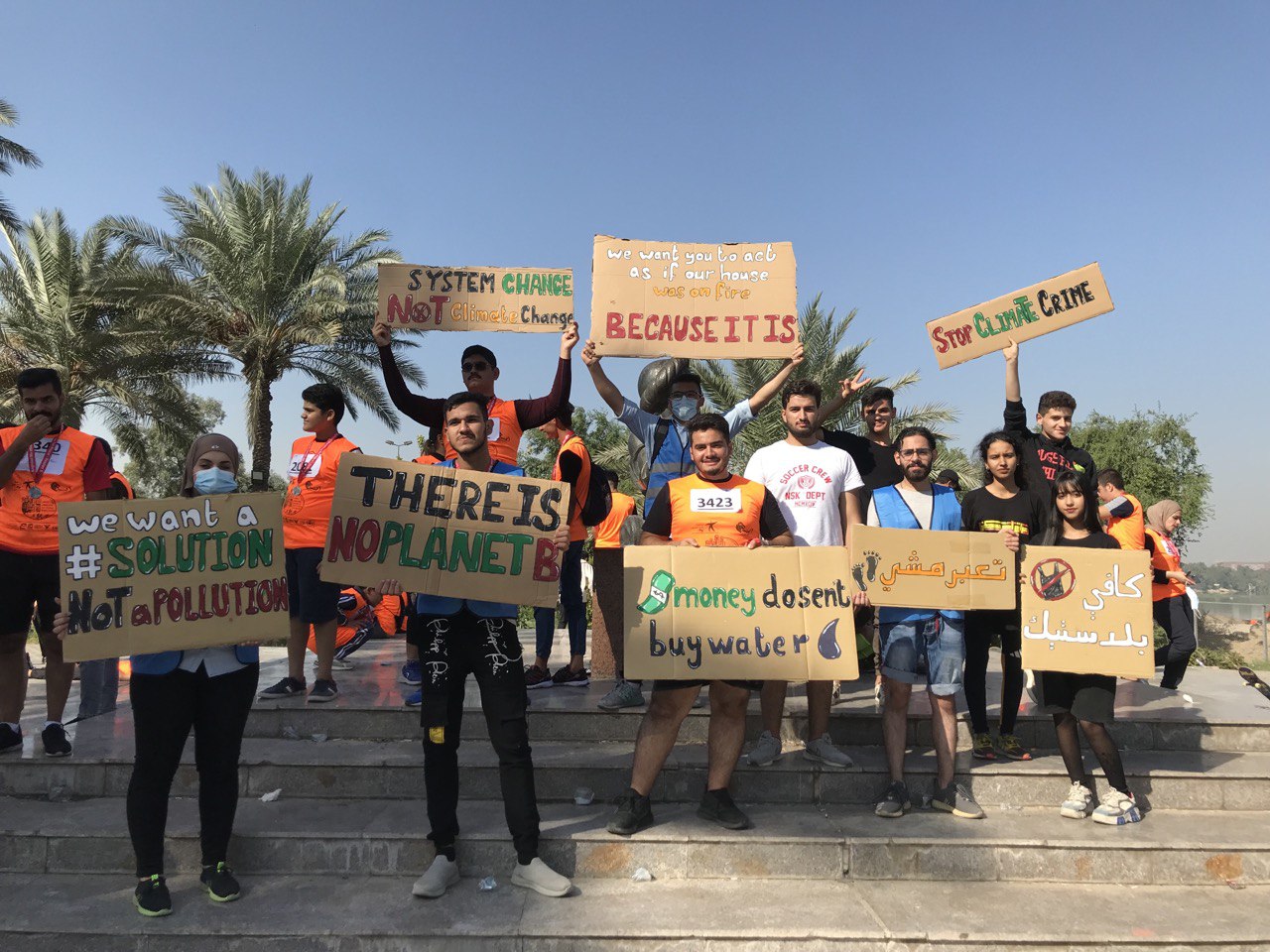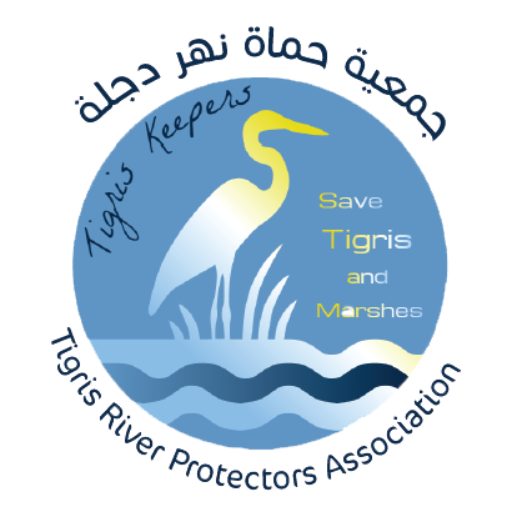About us
The Tigris River Protectors Association
Is an Iraqi non-governmental organization that seeks to protect the natural heritage of the Tigris River in Iraq as a historic extension and a vital depth for Mesopotamians. The association works to link the efforts of civil movements concerned with the environment in Iraq with their counterparts in the Tigris River Basin, and common cooperation, in proportion to the common destiny of the peoples of this region.
The Association is committed to the principles of voluntary work and seeks to promote the issues of conservation of the environment and water, as a general concern for all, and is affected by the improvement or deterioration of all population from different local groups. The concern is not limited to governments and officials or specialists only, but must be a national responsibility.
The Association believes in young people and focuses on activating their role in securing the future of sustainable development. The activities of the association extend throughout all governorates of Iraq, as well as participate in international forums.
The Tigris River Protectors Association aims to:
1- Strengthening the protection of Iraqi rivers, marshes and water bodies from the dangers of dams.
2- To achieve the UN goals of sustainable development by providing clean water.
3- Reduce the percentage of pollution in the rivers and raise awareness of the damage and risks of pollution.
4- Encouraging tourism in the Iraqi marshes, lakes, waterfalls and various water parks.
5- Revival of Iraqi heritage and local folklore.
6- Conservation of water and food security.
7- Encourage the use of alternative and renewable energy.
8- Raising awareness about rationalizing the consumption of water resources.
9- Work to reduce global warming and climate change.
10- Reducing overhunting.

How do we achieve our goals?
1- Combating the construction of giant dams and water storage projects that are used in an unfair manner, causing the cutting of natural water tracks and reducing the share of water quotas of the common peoples. As well as the call to meet the requirements for the recovery of marshes and water bodies and provide them with appropriate water quotas for their sustainability and conservation of biodiversity.
2- Supporting development projects that work towards achieving the goal of sustainable development through encouraging participation in the preparation of plans and studies that contribute to the provision of clean water for use.
3- Organizing field cleaning campaigns and raising public awareness of the risks and environmental and health damage caused by non-degradable wastes that are directed directly without treatment to the rivers, as well as inviting the concerned authorities to control sewage systems, factories and farms to control the toxic emissions of these sources. And call for activating the role of the environmental police to hold accountable the transgressors and violators.
4- Calling for attention to tourist facilities in the marshes and waterfalls and natural tourist areas, providing amenities for tourists, facilitating the entry of tourist groups to these areas, extending roads, supporting services and providing restrooms, and encouraging local people to invest in their environment to revive tourism.
5- Encouraging the promotion of the manufacture of folkloric products, textiles and handcrafts and promoting their acquisition.
6- Work on the issuance of studies and research to develop strategic plans to secure the future of water wealth, and food security linked directly.
7- Raising awareness of the need to avoid excessive use of natural resources and supporting small projects with pioneering research experiences in the field of alternative energy.
8- To raise awareness about the importance of preserving water wealth and not to overuse it, and to promote modern methods of irrigation among farmers instead of traditional methods.
9- Call for the conservation of greenhouse gas emissions, and the promotion of afforestation within cities and green belts outside cities, in addition to the call to preserve the areas of water bodies.
10- To sensitize fishermen to the danger of the use of arbitrary methods in fishing, birds and other creatures, and to report on the destructive effects of the environment on these roads, in addition to working with the competent authorities to legislate a law to criminalize overfishing and to activate the role of the environmental police in this regard.
